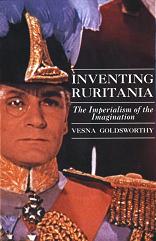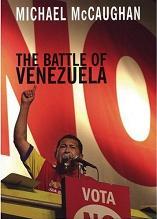One fine evening, journalist Jamelle Bouie decides to sell his old tv to a friend and sets out to bring it over to them there and then, when considers what this would look like:
As I was getting ready to go, it occurred to me that this would be a terrible idea. Not because I would have been carrying a TV at 10pm down a quiet city street—I actually feel pretty safe doing that. But because I would have been a black dude—in a hoodie, no less!—carrying a nice-looking TV down a quiet city street at 10pm.
Had he been white, would he have thought about this? Jamelle himself thinks not, and I think he’s right. For myself, while I do occassionally wonder when doing something that could look dodgy, I’ve never been in a situation where I’ve been stopped by police because what I was doing looked suspicious. In fact, police officers here and abroad have always been respectful and polite to me, whenever I had to interact with them. The same really goes for any sort of interaction with authority; I’ve always been treated respectfully even when in the wrong, have more often than not been believed on my word when there was no real reason to do so, always gotten the benefit of the doubt when I needed it. In short, I’ve never had to worry about people judging me negatively just of how I look.
That’s something that’s incredibly powerful, in which I’m very lucky as I’ve done nothing to earn this respect, but which from the inside feels like the normal way the world should work; it doesn’t feel like I’m priviledged. This dichotomy, where it’s easier for those without these privileges to see how privileged those with them truly are, is I think responsible for much of the heat around internet debates about privilege.
On the one hand, people like me who enjoy these privileges need to make an effort to see them for what they are, while on the other hand they have never or rarely experienced the sort of harassement people without them encounter regularly. It makes it hard for us to believe them, even when everybody is arguing in good faith and it’s even harder to transform this intellectual understanding in an emotional one, to understand what it is really like to live without this privilege we take for granted.
That’s why simple, to the point and most importantly, unjudgmental post like Jamelle Bouie’s one here are so important, as they provide a way in which we can understand something of how other people live.

